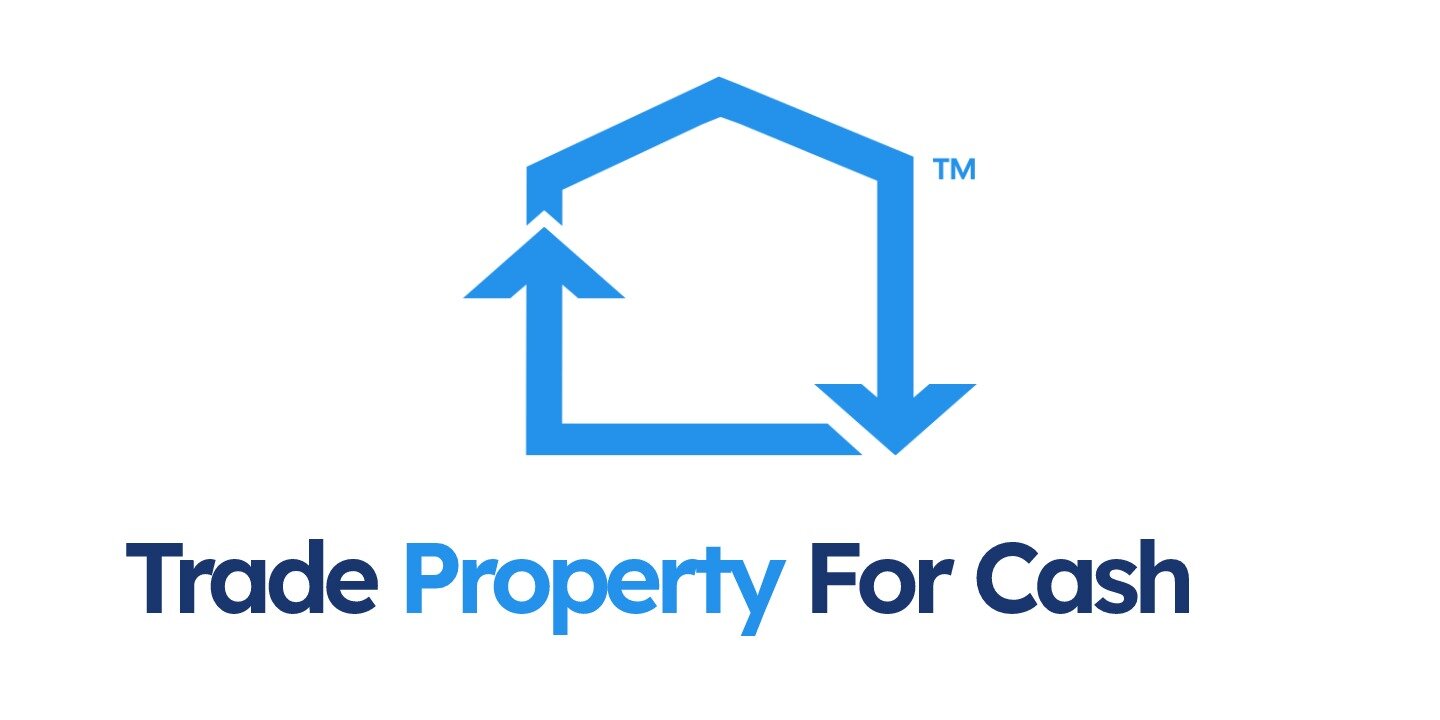
Homeownership is a significant milestone in one’s life, often representing stability, security, and a sense of accomplishment. However, life can be unpredictable, and financial hardships can sometimes jeopardize the ability to keep up with mortgage payments. For homeowners in Massachusetts facing financial difficulties, understanding the difference between pre-foreclosure and foreclosure is crucial. This knowledge can help you navigate the legal and financial aspects of potentially losing your home and explore available options to mitigate the impact on your financial well-being. In this article, we will delve into the key distinctions between pre-foreclosure and foreclosure and discuss how they affect homeowners in the Commonwealth of Massachusetts.
What is Pre-Foreclosure?
Pre-foreclosure refers to the period when a homeowner has fallen behind on mortgage payments but has not yet lost the property to foreclosure. It is essentially the warning phase, during which lenders initiate legal proceedings to recover their unpaid debt. Here are some critical aspects of pre-foreclosure:
Certainly, here’s a slightly expanded version of the section discussing pre-foreclosure:
a. Delinquent Payments: Pre-foreclosure initiates when a homeowner misses several mortgage payments. Typically, lenders consider a borrower in default when they fall 90 days or more behind on payments, signaling financial distress.
b. Notices from Lender: In the pre-foreclosure phase, homeowners may receive a crucial document known as a Notice of Default (NOD) from their lender. This formal notice explicitly informs the homeowner that they are in default on their mortgage and outlines the necessary steps to rectify the situation, including the outstanding amount and due dates.
c. Time Frame: The duration of pre-foreclosure can vary, but it generally spans several months. During this period, homeowners are afforded a crucial window of opportunity. They can explore various options, such as negotiating with the lender for modified terms, selling the property, or pursuing alternatives to stave off the impending foreclosure.
d. Legal Protections: Massachusetts offers specific legal protections for homeowners in pre-foreclosure, underscoring the state’s commitment to fair and reasonable foreclosure practices. Homeowners facing this phase have the right to mediation, a process facilitating discussions between homeowners and lenders to find potential resolutions.
What is Foreclosure?
Foreclosure, on the other hand, is the legal process through which a lender takes possession of a property when the borrower has defaulted on the mortgage, and all attempts to resolve the delinquency have failed. Here are the key points to know about foreclosure:
a. Judicial vs. Non-Judicial: Massachusetts primarily follows a judicial foreclosure process, which involves court proceedings. This means that lenders must go through the court system to foreclose on a property, providing homeowners with more legal protections and opportunities to contest the foreclosure.
b. Notice to Quit: In Massachusetts, foreclosure begins with the lender serving a Notice to Quit, followed by a lawsuit in court. This process can be lengthy, often taking several months to complete.
c. Auction: If the court approves the foreclosure, the property is typically auctioned to the highest bidder at a public auction. The proceeds from the sale are used to satisfy the outstanding mortgage debt, and any surplus may go to the homeowner.
d. Eviction: After foreclosure, if the homeowner does not vacate the property voluntarily, the lender can obtain an eviction order to remove the occupants.
Options During Pre-Foreclosure
Facing pre-foreclosure in Massachusetts can be distressing, but homeowners have several options to consider:
a. Loan Modification: Homeowners can negotiate with the lender to modify the mortgage terms, such as reducing interest rates or extending the loan term to make payments more manageable.
b. Refinance: If eligible, homeowners can explore refinancing to secure a new mortgage with better terms, potentially lowering monthly payments and providing financial relief.
c. Sell the Property: Selling the property before foreclosure can help homeowners pay off the mortgage, avoid foreclosure’s credit impact, and start anew.
d. Seek Legal Counsel: Consult with an attorney experienced in foreclosure and bankruptcy matters to understand your rights and explore legal remedies. They can provide valuable guidance during challenging times.
Conclusion
In conclusion, understanding the distinctions between pre-foreclosure and foreclosure is vital for Massachusetts homeowners facing financial difficulties. It empowers you to make informed decisions to protect your home and financial future. Whether you explore options like loan modification, refinancing, selling your property, or seeking legal counsel, Trade Property For Cash is here to assist you. Our dedicated team specializes in helping homeowners navigate these challenging circumstances, offering solutions that can provide financial relief and security during these trying times.
